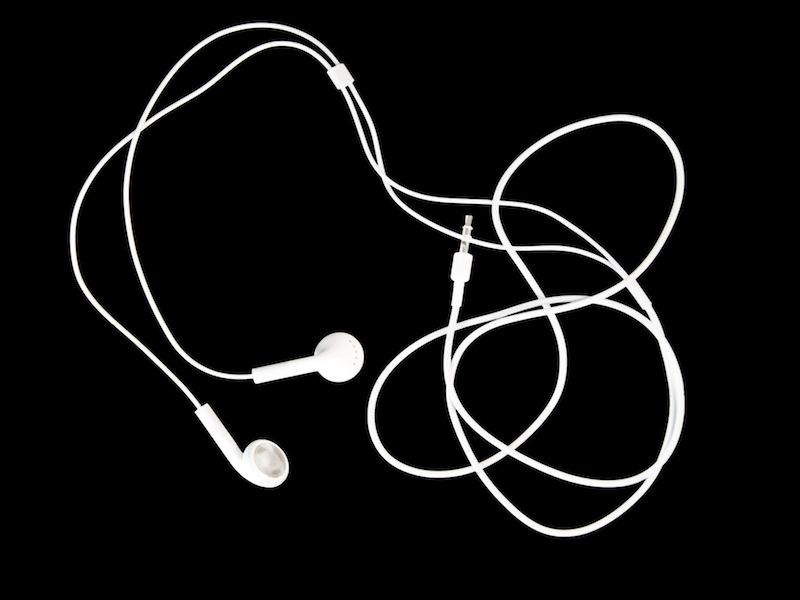
If you haven’t had your hearing checked since you were in grade school, you’re not by yourself. It’s not normally part of a routine adult physical and sadly, we tend to treat hearing reactively rather than proactively. Most people neglect hearing loss, even when they are aware of it, for as many as seven years which can seriously impact your health. In fact, in the long run, it’s been proven that your overall health cost will increase if you have untreated hearing loss.
The good news, In order for our hearing specialists to assist you, we suggest a hearing test which is simple, pain-free and offers a wide range of information. Both to find out if interventions such as hearing aids are helping you and also for diagnosing potential hearing problems. A full audiometry exam is more involved than what you may remember from childhood and you won’t get a lollipop or a sticker when it’s done but you’ll get a much clearer understanding of your hearing.
While you may not give the state of hearing as much attention as you do the health of your teeth or your eyes, it is essential that you regularly get your hearing tested. You might not detect a problem with your hearing for some time. Loss of hearing usually occurs gradually, and the sooner you recognize a problem with your hearing, the sooner you may be able to fix it.
When Should You Be Examined?
All infants should be screened for hearing loss, and typically, the hospital does that before they are sent home. The American Academy of Pediatrics suggests that children have formal hearing screenings when they are 4, 5, 6, 8 and 10 years of age and that teenagers should have hearing exams during wellness appointments with their physicians.
It’s recommended that if you are between the ages of 18 and 49, you have your hearing examined every five years and then, as you age, more often. After you turn 60 you should be examined every two years and if you are between 46 and 60 every three. But don’t let that to stop you. The regularity with which you should get checked will really depend on your unique circumstances. You should get your hearing examined immediately if you notice it isn’t as good as it used to be. Several health issues are associated with neglected hearing loss, such as increased danger of falling, cognitive decline, and depression. Your ability to work effectively and your relationships can also be affected.
And you should have a hearing test, in some circumstances, as soon as possible if you have hearing loss that is getting quickly worse. An immediate hearing test is advisable if:
- Asking people to repeat themselves is something you have to do constantly
- You are experiencing a constant ringing in your ears
- You are unable to hear conversations, particularly when in crowded areas
- It is difficult to pinpoint where sounds are coming from
- You are experiencing vertigo
- Your ear was infected, or there was a buildup of earwax
Another factor is whether you are at a greater risk for hearing loss. For example, if hearing loss runs in your family or you are exposed to loud noises on a regular basis you should get your hearing tested more often.
There are also over 200 ototoxic medications. These drugs can be extremely harmful for your hearing and they range from some antibiotics to aspirin. So that you can make certain none of your medications are impacting your ears, consult your doctor. Think about getting your hearing tested more frequently in order to address any hearing loss right away if you are using any ototoxic medications.
Also, think about how your habits may be affecting your hearing loss. Are you using earbuds regularly? Hearing loss has substantially increased in younger people, and many experts think that this is due to the use of headphones and earbuds. shows, loud concerts, and machinery can also do appreciable harm to your hearing. Schedule your hearing exam today if it’s time for you to get your hearing tested.